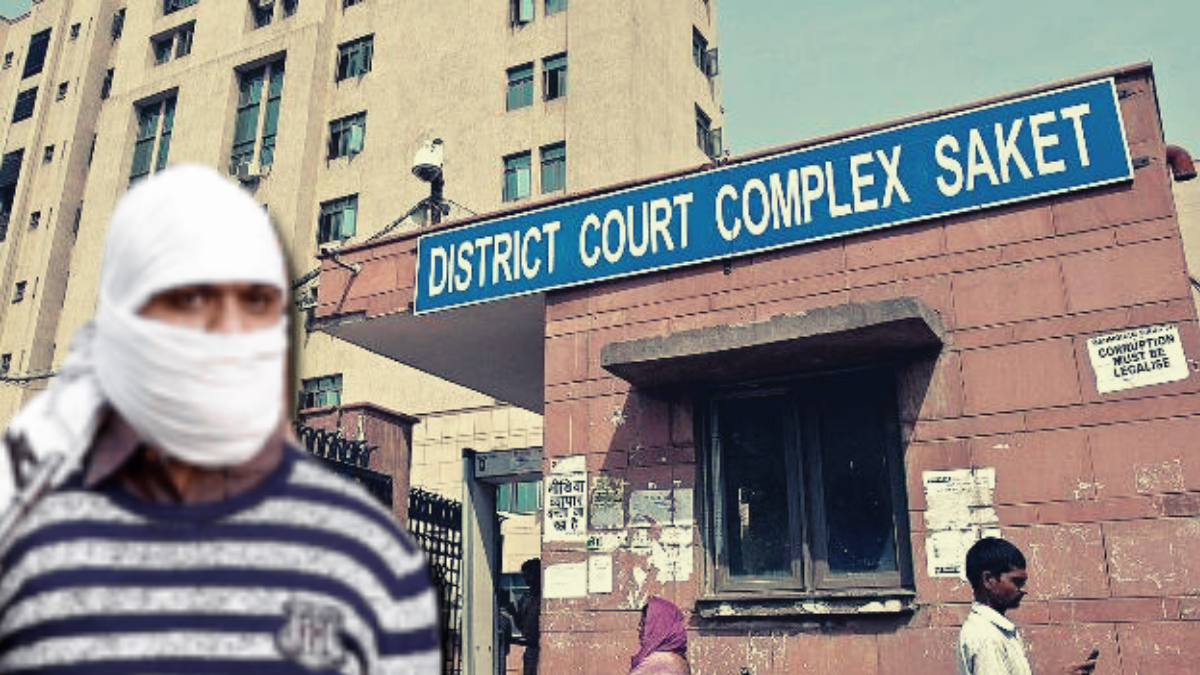"No Scope Of Reformative Justice": Court Awards Death Penalty For Terrorist Ariz Khan

Finally, Indian Mujahideen Terrorist, Ariz Khan was awarded death penalty, pursuant to his recent conviction in the 2008 Batla House encounter case, wherein a Police official was killed.
The Delhi Court has brought this case under the "rarest of the rare" category.
Court said that the convict has forfeited his right to live on account of his despicable act of killing a police officer on duty.
After balancing mitigating circumstances against aggravating circumstances, High Court concluded that the act of the accused comes under rarest of the rare case and therefore he deserves maximum sentence provided under law. However, the High Court cleared that considering the factors such as degree of brutality, and mindset of wrongdoer behind the crime, makes the gravity of the offence very severe and hence justice will be met only if the punishment is given according to the gravity of offence, which is not less than a death penalty.
Going back to the opinion of Sessions Court, the Additional Sessions Judge, Saket observed that reformative justice cannot be done to Ariz Khan because of his natural and inescapable conduct. Thus, there was no chance of his reformation and hence, he is liable for severe punishment.
In his order, the Sessions Court further said that the hateful and brutal act of firing on police party without any provocation itself showed that Khan was not only threat to the society but was also an enemy of the State.
It was thus concluded that the offence proved against accused is not an ordinary act but a crime against the State. Convict, while committing offence acted like a dreaded and well trained terrorist who does not deserve any leniency. A fine of Rs 11 lakh was also imposed on Khan, out of which Rs 10 lakh shall be released as compensation to the wife of the deceased police officer's wife, said the Sessions Court.
The matter ultimately went before the Delhi High Court for confirmation of death penalty.
The Court had recently convicted Khan for commissions of offences under Sections 186 (Obstructing public servant in discharge of public functions)/ 333 (Voluntarily causing grievous hurt to deter public servant from his duty)/ 353 (Assault or criminal force to deter public servant from discharge of his duty)/ 302 (Murder)/ 307 (attempt to murder)/34 (common intention) IPC and Sections 27 (Punishment for using arms, etc) of Arms Act and Section 174A (Non-appearance in response to a proclamation) IPC.
The Court said that in view of the evidence adduced on record by prosecution including ocular evidence of hundred witnesses, documentary evidence and scientific evidence, there was "no manner of doubt" that the case against Ariz Khan was proved beyond any reasonable doubt.
The Court had found that it had been proved by the prosecution that on September 19, 2008, at about 11 AM at flat no. 108, L-18, Batla House, Jamia Nagar, New Delhi, Ariz along with his associates, including Shahzad who has already been convicted, in furtherance of their common intention, intentionally and knowingly committed murder by causing death of Inspector Mohan Chand Sharma by firearm, voluntarily obstructed the discharge of their public functions, assaulted and used criminal force, and caused grievous injury to other police officers.
As per the prosecution case, while conducting a raid in connection with a serial blasts cases, the team of police officials was trapped in the drawing-room of the said house and was forced to resort to open fire in self-defence. During the shootout, Inspector Mohan Chand Sharma and other police personnel sustained bullet injuries. While one of the terrorists present in the drawing-room also sustained bullet injuries, two of them including Ariz managed to escape from the flat in question through the main door. After being declared a proclaimed offender in 2009, Ariz Khan was finally arrested in 2018.
